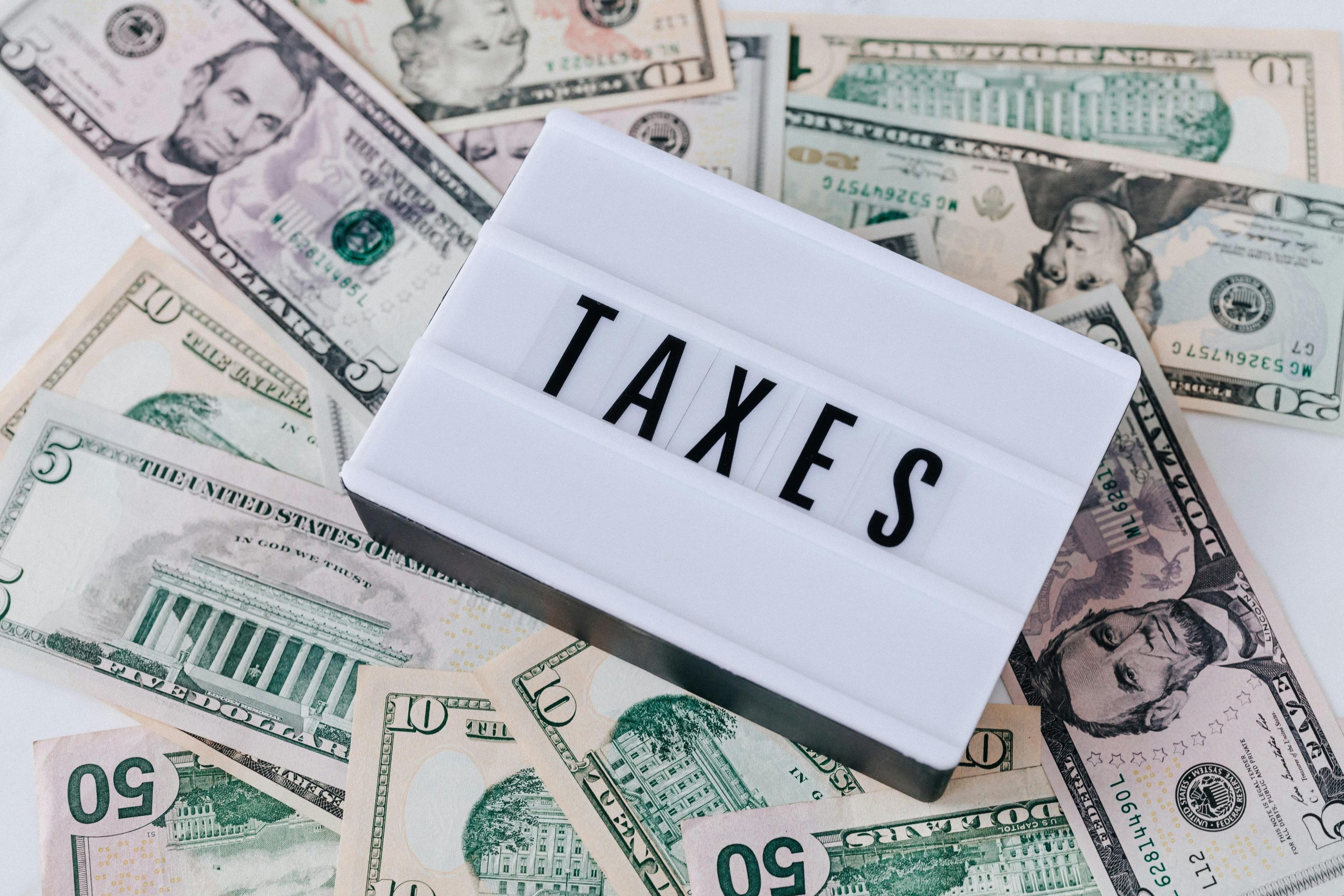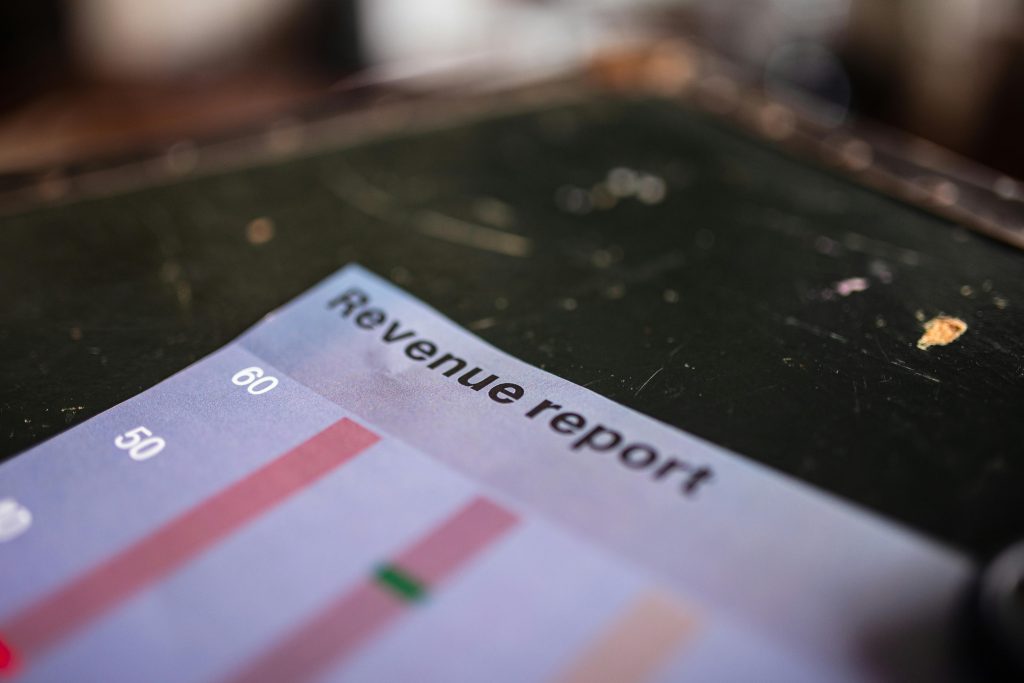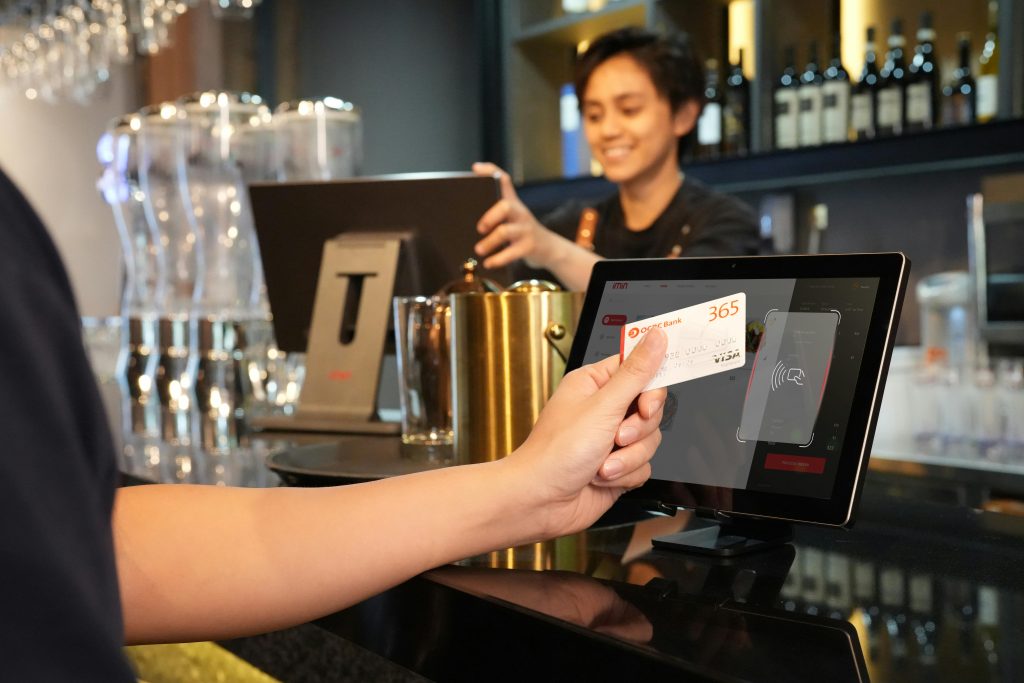You’ve probably encountered terms like “service charge” and “service tax” often. These two charges are part of the dining experience in most restaurants, but they have different purposes and applications. Misunderstanding them can lead to confusion among your customers and issues with compliance. In this blog, we’ll explore what these charges mean, whether you can impose them, and how you should manage them.
Restaurant Service Charge vs. Service Tax: What’s the Difference?
To start, let’s clarify the key differences between service charge and service tax.
A service charge is a fee that you can choose to include in your customers’ bills. It is not a government-imposed tax but a form of revenue collected to reward your staff. The service charge is typically set at 10% of the bill amount, though this rate can vary depending on your restaurant’s policy. For example, if a customer’s meal costs RM200, a 10% service charge would add RM20 to the bill.
On the other hand, a service tax is a mandatory tax imposed by the Malaysian government under the Service Tax Act 2018. This tax applies to certain services, including food and beverages sold in restaurants with annual revenue exceeding RM500,000. As of 2024, the service tax rate for food and beverage services remains at 6%, even though other service categories may be taxed at 8%. For instance, an RM200 meal at your restaurant would incur RM12 in service tax.
While both charges appear on customer bills, they serve distinct purposes. The service charge rewards your staff, while the service tax goes to the government.
Is Service Charge Legal in Malaysia?
Yes, service charges are legal in Malaysia. Many restaurants include them as part of their pricing model, which is widely accepted in the hospitality industry. However, there’s one essential requirement: transparency.
You must inform your customers straightly about any service charge you impose. This is typically done by indicating the charge on your menu or displaying notices in your restaurant. Transparent communication ensures customers understand their bills and helps avoid disputes. If customers know in advance that a service charge applies, they are less likely to feel misled when presented with the bill.
Is a Service Charge the Same as a Tip?
No, a service charge is not the same as a tip. A tip is a voluntary gesture from a customer to show appreciation for good service. It is not mandatory and is given at the customer’s discretion.
In contrast, a service charge is a fixed, compulsory fee added to the bill. In Malaysia, tipping is not a common practice, and the service charge often replaces the need for tips. For instance, if your restaurant includes a 10% service charge, customers are less likely to leave additional tips, as they consider the service charge sufficient recognition of the staff’s effort.
What Should You Do with the Collected Service Charge?
The service charge you collect is meant to benefit your staff. It’s common practice to pool this money and distribute it among your employees, either as a direct bonus or as part of their monthly salary. This system incentivizes employees to provide excellent service, as their earnings are directly tied to customer satisfaction.
To ensure fairness, you should establish clear policies on how the service charge will be distributed. For example:
- Divide the amount among all staff, from kitchen workers to waitstaff, based on their roles.
- Allocate a higher percentage to front-line staff who interact directly with customers.
Make sure your staff understands how the system works. Transparent communication within your team fosters trust and reduces misunderstandings.
What is the Service Charge in Malaysia 2025?
In 2025, the standard service charge in Malaysia remains at 10%, though this percentage is not mandated by law. As the restaurant owner, it is up to you to decide whether to impose this charge and how much it should be.
According to recent surveys, about 70% of restaurants in Malaysia include a 10% service charge in their billing. This trend reflects customer acceptance of the practice, as long as it is communicated clearly.
However, imposing a service charge is not compulsory. If you choose not to add it, your restaurant’s prices should reflect this. For instance, you may price your meals slightly higher to account for staff wages instead of adding a separate charge.
Can Your Restaurant Charge a Service Charge?
Yes, you can charge a service charge in your restaurant. No legal restrictions are preventing you from doing so. However, here are a few things to keep in mind:
- Communicate Clearly: Let customers know about the service charge before they place their orders.
- Display Charges Prominently: Mention the charge on your menu or in a notice at the entrance.
- Follow Fair Practices: Use the collected service charge to reward your staff, ensuring fairness.
How to Calculate Service Charges and Service Tax
When you decide to impose a service charge, calculating it accurately, along with the service tax, is crucial. Here’s a step-by-step guide:
- Calculate the Service Charge: Multiply the bill amount by the service charge percentage (e.g., 10%).
- Example: For a bill of RM150, the service charge is RM150 × 10% = RM15.
- Calculate the Service Tax: Multiply the bill amount by the service tax rate (6% for food and beverages).
- Example: For the same RM150 bill, the service tax is RM150 × 6% = RM9.
- Compute the Total Bill: Add the bill amount, service charge, and service tax.
- Example: RM150 (bill) + RM15 (service charge) + RM9 (service tax) = RM174.
Remember, service tax is applied only to the original bill amount, not the total with the service charge.
Why Transparency Matters
Transparency in billing is essential. Customers appreciate knowing exactly what they are paying for and why. Hidden charges or vague explanations can harm your restaurant’s reputation.
For example, if a customer is surprised by a service charge they didn’t know about, they may feel cheated and share their negative experience online. To avoid this, make your policies clear from the start.
Keeping Up with Tax Regulations
Tax regulations can change, so staying updated is vital for your business. You should regularly check official resources, such as the Royal Malaysian Customs Department’s website, for the latest information.
For instance, in 2024, the government increased the service tax rate for some sectors from 6% to 8%. Although this does not affect food and beverage services, being aware of such changes helps you plan your pricing and ensure compliance.
Understanding the difference between service charges and service tax is crucial for running a successful restaurant in Malaysia. A service charge is a voluntary fee you impose to reward your staff, while a service tax is a government-mandated tax you must collect and remit.
You can legally charge a service charge in your restaurant, but transparency is key. Inform your customers, manage the collected charges fairly, and stay updated on regulations. By doing so, you’ll build trust with your customers and maintain a positive reputation in the competitive restaurant industry.
In 2024, make it a priority to ensure that your service charge and service tax practices align with industry standards and customer expectations. This approach will not only keep your business compliant but also contribute to a better dining experience for your customers.




